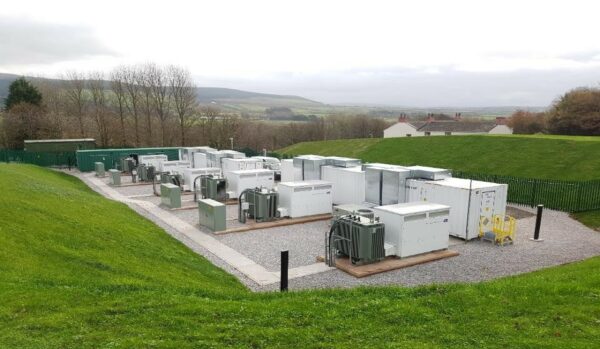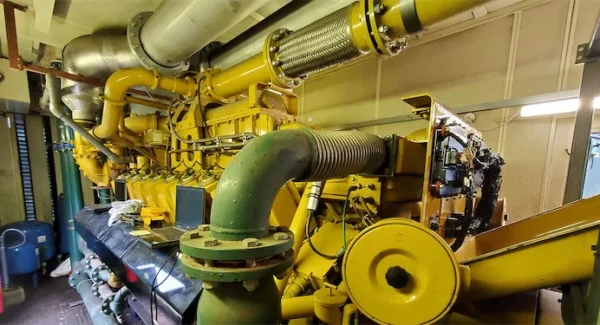Over the past year there has been an increased focus and public debate on the barriers that need to be overcome to the UK achieving its 2050 Net Zero target. Whether it is waiting times for connections to the electricity grid, the lack of trained heat pump installers or challenges within the supply chains for key components for solar panels. One barrier, that is often far more politicised, emotive and sometimes toxic is planning.
Renewable technologies such as solar and wind are well understood, however, Battery Energy Storage Systems (BESS), can often fall between the cracks. This is despite the fact that BESS will play a key role in helping the UK achieve Net Zero. The sun won’t always shine, and the wind won’t always blow so it is vital we have the infrastructure to store renewable energy for the days we may not be able to produce enough.
This lack of public understanding can often be one of the biggest challenges BESS faces, as more often than not it leads to strong opposition. There can often be a range of misinformation about battery storage, especially the hazards of lithium-ion based technologies. It’s now more important than ever that as developers we engage with these groups to improve understanding and work constructively through concerns and do what we can to minimise them.
Despite the lack of understanding among the wider public, Government has recognised the important role BESS will play, and in December 2020 the Infrastructure Planning (Electricity Storage Facilities) Order 2020 was passed into law. The change in legislation meant that BESS projects above 50MW in England and Wales could be determined by local planning authorities, rather than having to go through the lengthy and expensive Nationally Significant Infrastructure Project process.
This has undoubtedly cut down project timelines and costs, however issues still remain. At YLEM Energy, one of the core issues we have encountered is an inconsistent approach from local planning authorities on how BESS projects are defined.
It can often be the case that where one planning authority views BESS projects as critical infrastructure, equivalent to switching stations, another planning authority does not.
More often than not, in our experience the support for BESS within the NPPF is highly likely to see the Planning Inspectorate overturn a decision to refuse consent for BESS projects as the broader environmental and economic benefits heavily outweigh any negative impacts.
Appealing initial decisions can delay projects for up to a year, and mean developers endure additional costs. While the financial cost may not be that great, the opportunity cost is. Written appeals take on average 37 weeks to be decided, and while BESS developers wait for an outcome, they may be more hesitant to invest in other projects until they have the certainty that it can go ahead. All the while this is hindering the UK’s progress toward Net Zero.
To overcome this issue, we would welcome clearer direction from Government about how local planning authorities should define BESS projects. Perhaps by ensuring that BESS projects are better accounted for within Local Plans, or through the publication of specific guidance identifying that BESS projects should universally be considered as critical infrastructure. Clarity on this issue from central Government would be another positive step forward in reducing the time and investment needed to deliver BESS projects as the UK continues its push to Net Zero.






